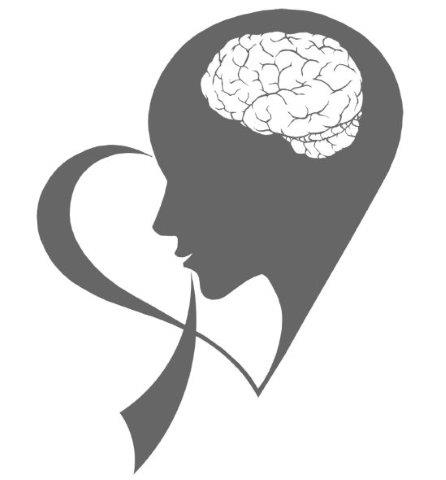| « Highly Processed Foods can add to Your Waistline | New Weight Loss Product Cleared by the FDA » |
May is Huntington’s Disease Awareness Month
 Huntington’s disease is an inherited disease that causes the progressive breakdown of nerve cells in the brain. In honor of Huntington’s Disease Awareness Month, educated yourself on this condition!
Huntington’s disease is an inherited disease that causes the progressive breakdown of nerve cells in the brain. In honor of Huntington’s Disease Awareness Month, educated yourself on this condition!
How Does Huntington’s Disease Occur?
Huntington’s disease is caused by an inherited defect in a single gene. Huntington’s disease is an autosomal dominant disorder, which means that a person needs only one copy of the defective gene to develop the disorder.
In 1993, researchers found the gene that causes Huntington’s disease. Everyone has the gene, but in some families an abnormal copy of the gene gets passed from parent to child.
Over 10 to 25 years, the disease gradually kills the nerve cells in the brain.
Signs and Symptoms
Huntington’s disease usually causes movement, cognitive and psychiatric disorders with a wide spectrum of signs and symptoms:
- Movement disorders: The movement disorders associated with Huntington’s disease can include both involuntary movement problems and impairments involuntary movements such as:
- Difficulty with the physical production of speech or swallowing
- Impaired gait, posture and balance
- Involuntary jerking
- Muscle problems, such as rigidity or muscle contracture
- Slow or abnormal eye movements
2.Cognitive disorders: Cognitive impairment often associated with Huntington’s disease includes:
- Difficulty in learning new information
- Difficulty organizing, prioritizing or focusing on tasks
- Lack of awareness of one’s own behaviors and abilities
- Lack of flexibility or the tendency to get stuck on a thought, behavior or action
- Lack of impulse control that can result in outbursts
- Slowness in processing thoughts or “finding” words
3.Psychiatric disorders: The most common psychiatric disorder associated with Huntington’s disease is depression. Depression appears to occur because of injury to the brain and subsequent changes in brain function.
Most people with Huntington’s disease develop signs and symptoms in their 30s or 40s.
Stages of Huntington’s Disease
Symptoms of Huntington’s disease tend to develop in stages:
- Early stage: Changes may be quite subtle in early stages. You may just require a little extra help.
- Middle stage: With time, symptoms begin to interfere with your day-to-day life.
- Late stage: In this stage, people with Huntington’s disease must depend on others for their care. Walking and speaking or not possible.
Symptoms can vary greatly from person to person and stress or excitement can worsen symptoms.
What IAA has to Say
Insurance Administrator of America wants you to help spread awareness about Huntington’s disease. Take the time to help make others aware by sharing this blog post with friends, family and colleagues.IAA knows that a little support can go a long way!
LIke this blog post? Let IAA know by going to our Facebook page and clicking the Like button!

Form is loading...